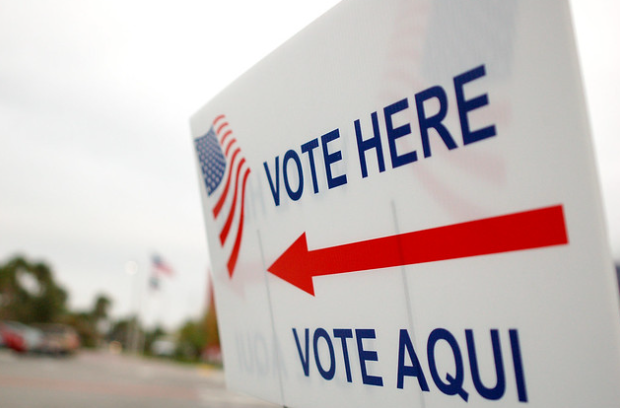Mental Health in Schools
January 16, 2021
Mental health and wellness are becoming an increasingly important topic, especially surrounding teens and young adults. With the popularization of social media, people everywhere are given the platform to speak about their own experiences with mental health to a wide audience. Taking that 97% of teenagers use social media, many have expressed their own experiences with mental health and illnesses on these platforms, especially experiences surrounding school. Many are starting to reasonably conclude that mental health is a common and serious issue amongst teenagers and some are going as far as to say that school can cause mental unwellness. However, is there any evidence to back this up?
Spoiler alert: yes, there is! In fact, every 1 in 5 children and youth display enough symptoms of a mental illness to be diagnosed with it during any given year. Studies also show that 1 in 10 of the same age range have a mental health challenge that is great enough to disrupt and disturb how they function in day to day life. It is also important to note that about half of mental illnesses are formed by the age of 14 and 75% are formed by 24.
Research has also shown that mental illnesses directly affect students’ academic performances. Only 40% of students with mental health disorders become high school graduates; that is 36% less than the national average. That is after taking into account that more than 50% of high school students with emotional and behavioral mental illnesses drop out of high school, which is the highest drop out rate amongst people with disabilities. Unfortunately, an astonishing estimate of up to 60% of students do not receive the mental support that they need due to stigma or simply a lack of resources, which is a likely cause of the high dropout rate and the low graduation rate. As serious and unfortunate as these statistics are, there are reasonable and realistic ways to help lower some of these numbers and help see mentally ill students thrive in not just school, but in life.
It is proven that early intervention strategies work. The earlier the problem is detected and addressed, the better the student will be at coping and implementing strategies that are healthy and effective. Schools are also the perfect place to provide these resources to the children affected. Not only do adolescents spend up to seven hours at school a day for five days a week (in a normal year of course), but research has shown that youth are more likely to seek out and accept counseling services when they are readily available in their schools. This is especially true for students in rural or poverty-stricken areas (where schools could be the only place where these services are provided).
One of the most valuable resources that school counselors have to offer is a 504 plan, which originates from Section 504 of the Rehabilitation Act of 1973. This is a special plan personally developed by a student, their parents, teachers, and their school counselor that gives accommodations to the student to ensure their academic success. Such accommodations include, but are not limited to: extended due dates, extended time on tests, reduced homework, verbal testing, and preferred seating arrangements. If you’re a student and you or a friend is struggling with academics because of a disability (such as mental illness), please talk to your counselor about developing a 504 plan to fit you and your needs.
Sadly, counseling services tend to be underfunded in schools because of the lack of funding for schools in general. Counseling offices can be understaffed, thereby allowing kids to slip through the cracks and be limited by the lack of available resources. If this is a topic important to you, proper funding of all schools should also be a priority to you. If this is the case, keep an eye out for legislation that aids in the funding of schools and school-related activities and support them so important services, like mental health centers, can be fully efficient and support the rising generations.





















































































































































